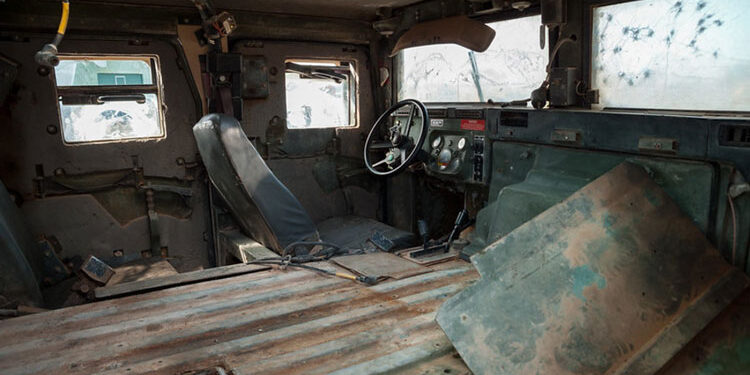Syria after al-Assad: where to? Transition and post-war challenges is the title of the round table organized by Casa Árabe in Madrid tomorrow at 7 pm, with the participation of Rim Turkmani, senior researcher from the London School of Economics; Azzam Al Kassir, expert in security and political Islam, and Dima Moussa, member of the Syrian Opposition Coalition. Registrations to attend this link or live on Youtube. In English, with simultaneous interpretation into Spanish. Photo©Dimitry Fomin.
Following the fall of Bashar al-Assad, Syria faces a complex process of political transition marked by internal power struggles, the reconstruction of a war-torn state and the influence of multiple international actors. The absence of a centralized leadership has led to a clash between opposition factions, Islamist groups and local militias, hampering the country’s stability. At the geopolitical level, powers such as Russia, Iran, Turkey and the United States seek to secure their interests in the region, either by supporting armed groups or directly intervening in the reconstruction process. In parallel, the Israeli offensive that has devastated Gaza has also affected southern Lebanon and the Golan Heights, a strategic Syrian territory occupied since 1967 and annexed by Israel in 1981.
Meanwhile, the civilian population continues to suffer from years of conflict and economic sanctions, with a humanitarian crisis requiring a coordinated international effort to ensure security and access to basic services, in the context of millions of internally displaced persons and refugees trying to return to a country ravaged by years of war. In addition to state actors, Kurdish factions, Islamist groups and local resistance organizations play a key role in shaping the new regime, making Syria a highly volatile geopolitical board with an uncertain future.







